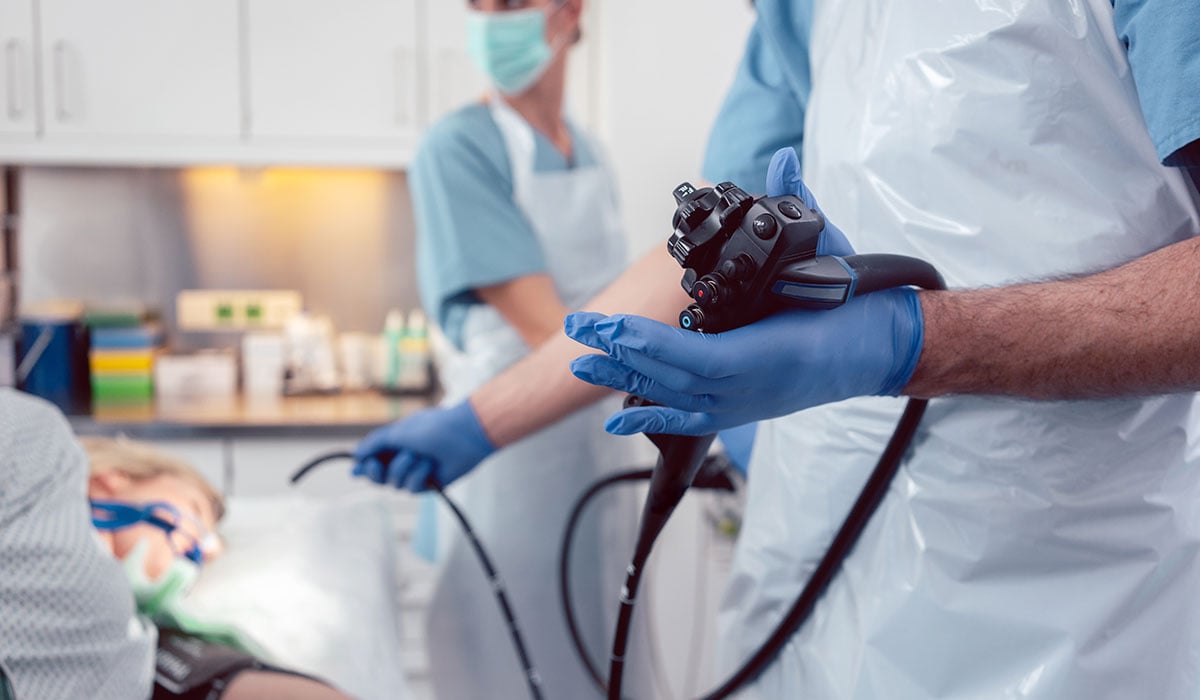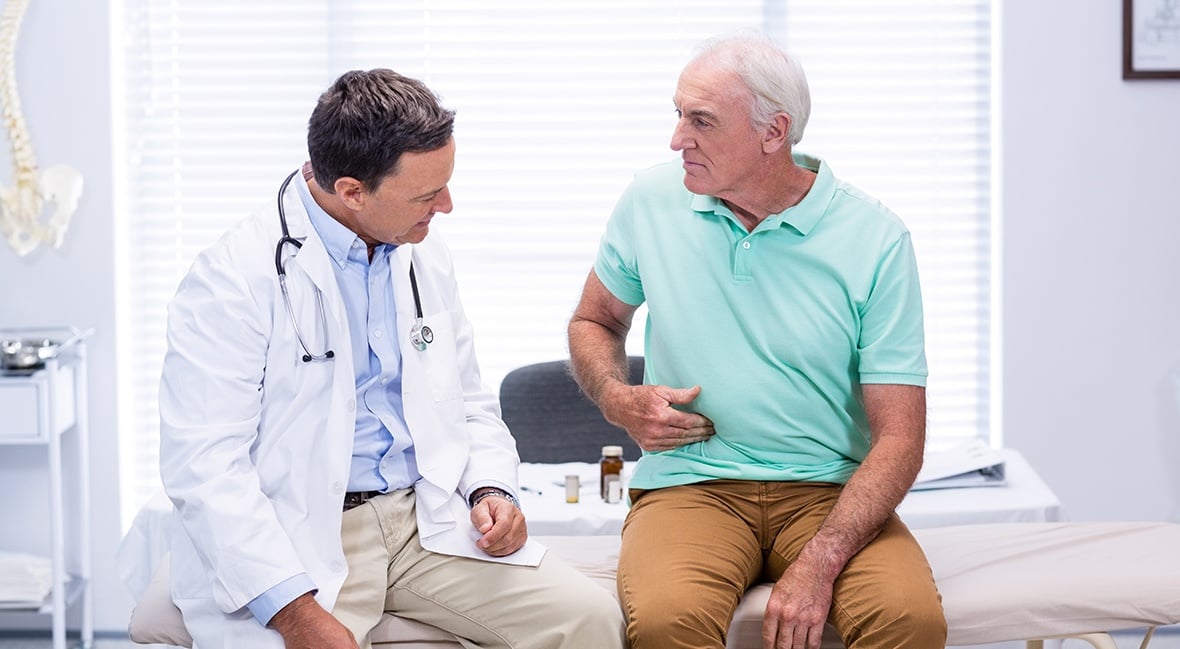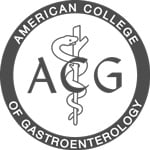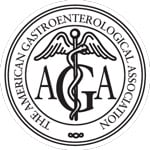Although many believe heartburn, acid reflux, and gastroesophageal reflux disease (GERD) are one in the same, they’re actually three distinct conditions. However, they are related, as acid reflux causes both heartburn and GERD, and heartburn is a symptom of both acid reflux and GERD.
Here’s what you need to know about heartburn, acid reflux, and GERD:
Acid Reflux
What Is Acid Reflux?
Acid reflux occurs when the lower esophageal sphincter is weakened or doesn’t tighten properly after food passes through, allowing stomach acid to rise back into the esophagus.
Causes
Acid reflux is sometimes caused by specific types of food such as fatty or fried meals, lying down or bending after a large meal, consuming citrus, chocolate, alcohol, carbonated drinks, or coffee and tea, smoking, and/or eating before bed.
Symptoms
- Heartburn
- Cough
- Sore Throat
- Bitter or Sour Taste in Mouth
Treatment
To treat acid reflux, simply avoid the lifestyle choices causing it. Eat smaller, more frequent meals, quit smoking, avoid tight clothing or belts, and consult a doctor about taking medications.
Heartburn
What Is Heartburn?
Heartburn, also known as indigestion, manifests after eating or at night as a burning pain behind the breastbone. It’s common to most people, and can be managed with a lifestyle change and over-the-counter medication. Hower, if the pain persists for long periods of time or worsens, it’s important you seek medical care.
Causes
Heartburn is a direct result of acid reflux. When stomach acids flow back into the esophagus, patients may experience one or more symptoms. There are specific foods that can incite heart burn such as fatty or fried foods, chocolate, alcohol, citrus, or spice.
Symptoms
- Burning Pain in the Chest at Night or After Eating
- Worsening Pain When Lying or Bending
- Acidic Taste in Mouth
If your heartburn occurs more than twice per week or symptoms persist after using medications, call a doctor.
Treatment
Typically, heartburn can be treated with over-the-counter antacids for quick relief. These counteract stomach acid but cannot heal a damaged esophagus. Other medications such as H-2-receptor antagonists and proton pump inhibitors reduce stomach acid, but take longer to kick in.
Gastroesophageal Reflux Disease (GERD)
What Is GERD?
Although GERD impacts approximately 5% to 7% of adults and children worldwide, it often goes undiagnosed and untreated, because the symptoms include acid reflux and heartburn—two common conditions that occasionally occur for the majority of people.
Those who experience moderate to severe acid reflux or heartburn twice a week or more likely have GERD, which, according to educational medical center Mayo Clinic: “occurs when stomach acid frequently flows back into the tube connecting your mouth and stomach (esophagus). This backwash (acid reflux) can irritate the lining of your esophagus.” Frequently occurring acid reflux can do long-term damage to the esophagus. If left untreated, GERD may lead to esophagitis, Barrett’s esophagus, esophageal ulcer, esophageal cancer, or strictures.
Causes
GERD is characterized by consistent, frequent acid reflux. The constant flow of stomach acid up the esophagus causes irritation and inflammation. Risk factors for GERD include obesity, bulging of the stomach into the diaphragm (also known as a hiatal hernia), pregnancy, connective tissue disorders, and delayed stomach emptying.
Symptoms
- Acid Reflux
- Heartburn
- Chest Pain
- Hoarseness
- Trouble Swallowing
- Tightness in the Throat
- Regurgitation of Food or Liquid
- Feelings of a Lump in the Throat
- Dry Cough
- Bad Breath
- Asthma
Diagnosis
If you are experiencing any of the aforementioned symptoms twice or more per week, you should make an appointment with your physician. If occasional symptoms become more severe than usual, it’s also a good idea to make a doctor’s appointment.
At the appointment, the physician will explain how to control the symptoms through lifestyle changes including diet and exercise, in addition to medication. Physicians may ask you to take over-the-counter medications such as antacids, H-2 receptor blockers, or proton pump inhibitors. If such changes don’t provide relief, your physician may ask you to undergo one or more of four tests.
An upper gastrointestinal GI endoscopy and biopsy examines the lining of your esophagus, stomach, and duodenum, with tiny bits of tissue removed to examine for GERD. The second option is an upper GI series, which X-rays the upper GI tract to detect GERD. Bravo wireless esophageal pH monitoring measures the pH levels in the esophagus to determine if you have GERD. Another test is esophageal manometry, which tests the lower esophageal muscles to determine if it moves digested food from the esophagus to the stomach efficiently.
Treatment
Although GERD is typically controlled with lifestyle changes and the aforementioned medications, some cases require surgery. The most common surgical option to treat GERD is a Laparoscopic Antireflux Surgery. This minimally invasive surgery rebuilds a new valve mechanism at the bottom of the esophagus using part of the stomach.
If you worry you may have GERD, contact Gastroenterology Associates today for a consultation or the necessary tests to diagnose your condition. We are conveniently located adjacent to Long Island Center for Digestive Health (LICDH), a New York State-licensed, non-hospital, out-patient facility dedicated to providing endoscopic services in a comfortable environment.
Topics: Conditions












